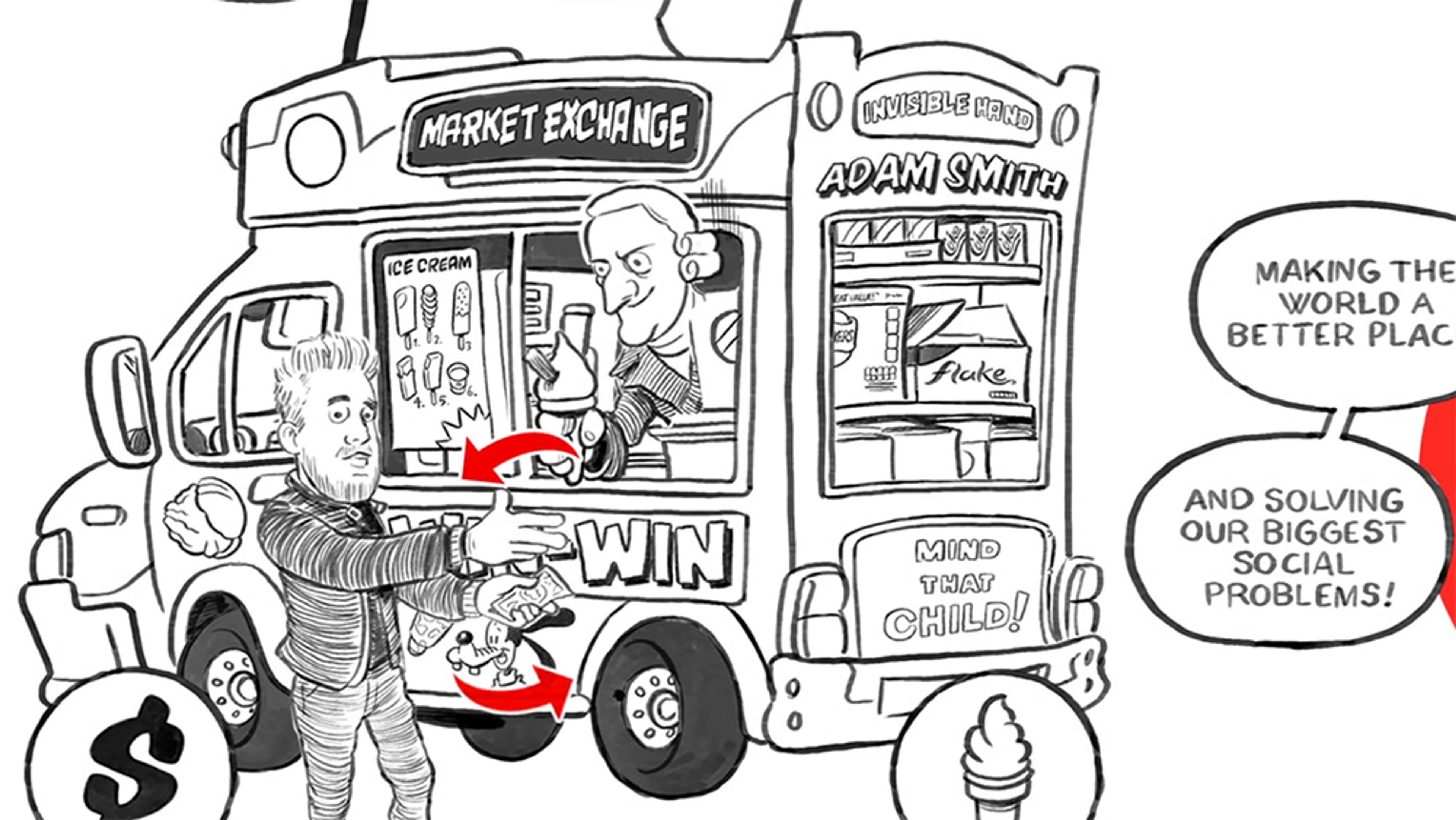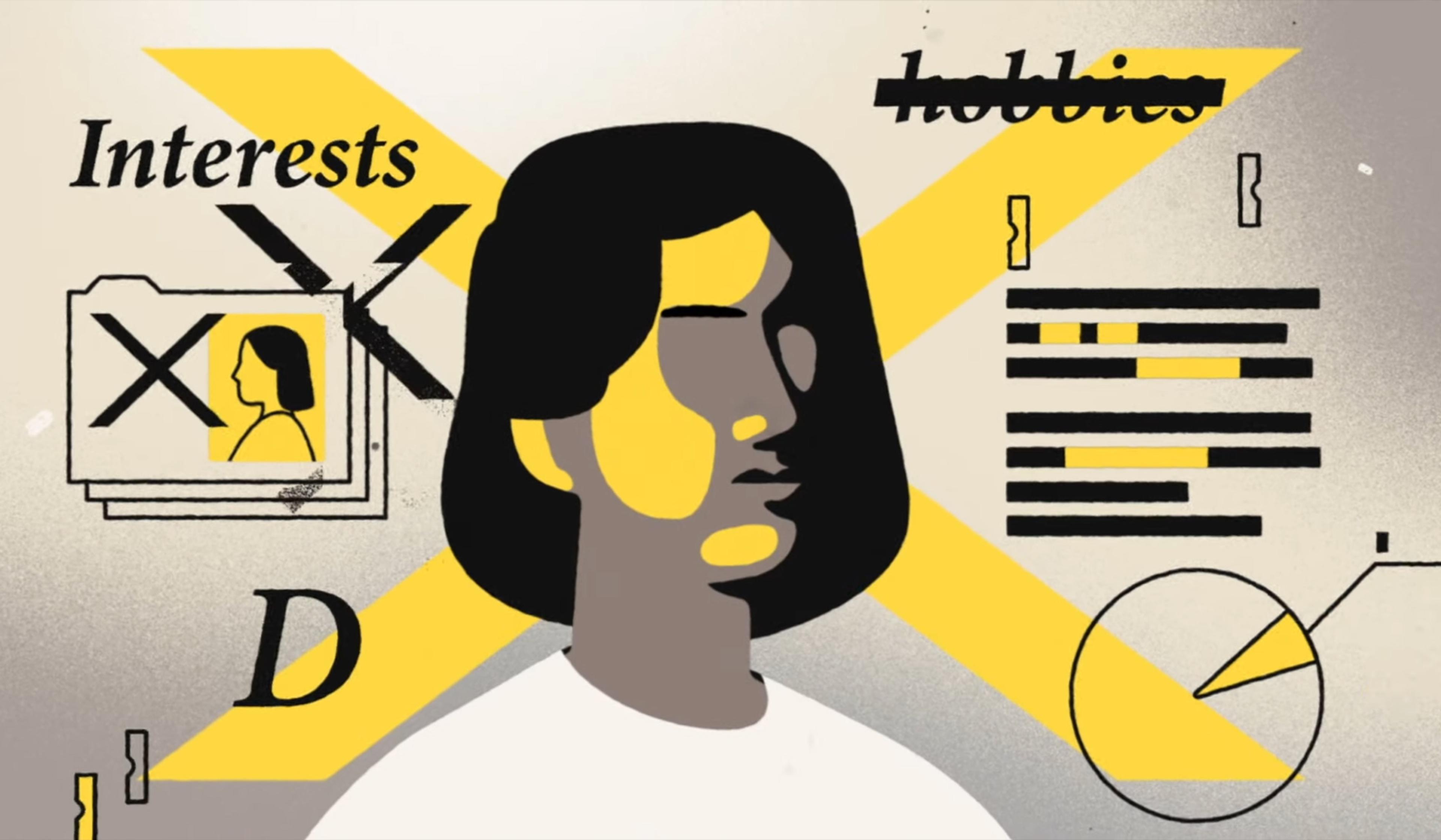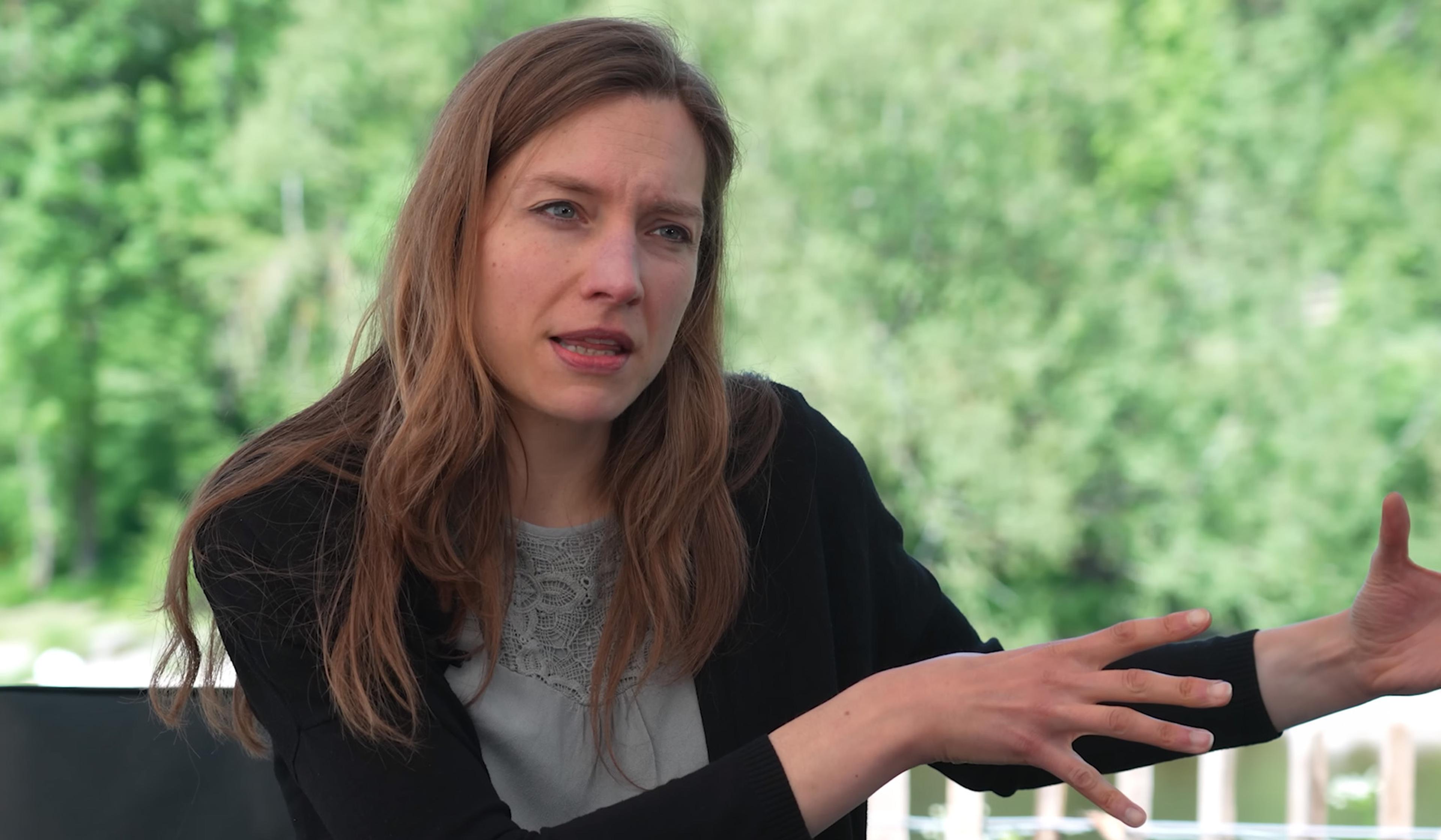In much of the world, there’s a shared sense that liberal democracies have grown corrupt and stagnant, leaving them unable to respond to society’s most pressing problems – including the climate crisis and inequality, in its many forms – and making them vulnerable to anti-democratic movements. Addressing an audience at the Royal Society of Arts (RSA) in London this April, the UK economist and philosopher Daniel Chandler draws from his book Free and Equal: What Would a Fair Society Look Like? (2023) to outline practical steps towards a more effective progressive political movement, and by extension, a more just society. In doing so, he suggests that we should look to the ideas of the 20th-century US philosopher John Rawls, who outlined a blueprint for a ‘realistic utopia’ within a liberal democratic framework in his landmark work A Theory of Justice (1971).
Photo by Arnaud Schildknecht/Unsplash
To build a fair society, we must first be able to envision it. John Rawls can help
Video by the RSA

videoPolitical philosophy
Beyond the veil – what rules would govern John Rawls’s ‘realistic Utopia’?
6 minutes

videoPolitical philosophy
Want to build a just society? John Rawls said to start by ignoring your identity
2 minutes

videoFairness and equality
Win-win solutions are a fantasy: in reality, progress creates both winners and losers
5 minutes

videoFuture of technology
Tech companies shroud their algorithms in secrecy. It’s time to pry open the black box
4 minutes

videoPolitical philosophy
Liberal democracies are backsliding worldwide. Could anarchy help?
24 minutes

videoPoverty and development
How growth is an insufficient measure of economic success in an unequal world
3 minutes

videoCosmopolitanism
Is the introspection of self-help and therapy hurting our ability to empathise?
10 minutes

videoHuman rights and justice
How we confuse the ‘intended uses of technology with the actual uses’
11 minutes

videoHistory of ideas
Why Plato believed that philosopher kings – not democracy – should run the state
2 minutes